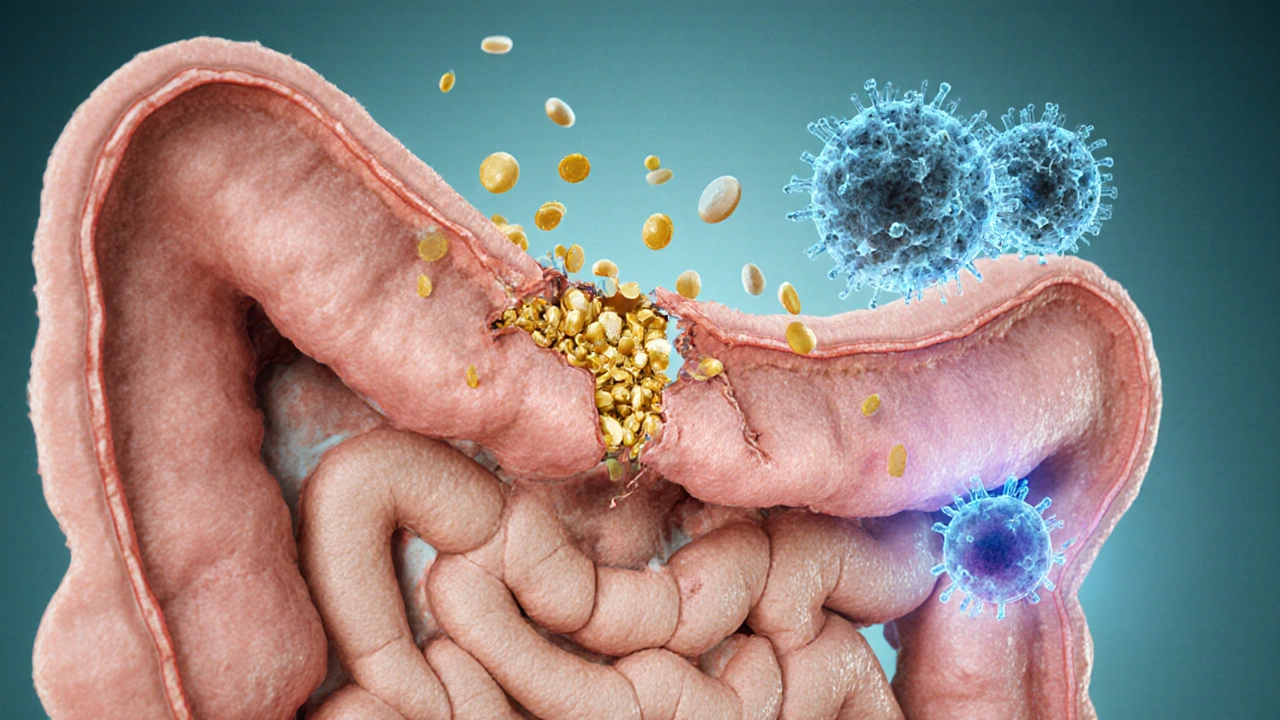Gut Health: Why It Matters and How to Keep It in Check
When we talk about gut health, we’re really talking about the whole digestive system working smoothly. Your gut does way more than just digest food—it's a key player in your immune system, mood, and overall well-being. But how do you tell if your gut's happy or struggling? Common signs like bloating, irregular bowel movements, or tummy discomfort can all point to gut issues. Don’t ignore these signals!
Getting your gut in good shape doesn’t need to be complicated. First off, diet plays a major role. Foods rich in fiber like veggies, fruits, and whole grains feed the good bacteria living in your gut. Those good guys help break down food, fight off bad bacteria, and even reduce inflammation. Think of your gut bacteria as your internal squad that needs to be fueled well.
Simple Habits That Boost Your Gut Health
Sleeping well and managing stress isn’t just good for your mood—they’re gut-friendly too. Chronic stress and poor sleep mess with the balance of gut bacteria and can lead to issues like indigestion or a sensitive stomach. Find a stress-buster that works for you, like a quick walk or some deep breathing exercises.
You might have heard about probiotics and prebiotics. Probiotics are live bacteria found in foods like yogurt, kefir, and fermented veggies, while prebiotics are types of fiber that feed these good bacteria. Adding both to your diet helps keep your gut flora balanced, which means better digestion and even improved immunity.
When to See a Doctor About Your Gut
Sometimes, gut trouble needs more than diet tweaks. Persistent symptoms like severe pain, bloody stools, or sudden weight loss aren’t normal and should prompt a visit to your healthcare provider. Conditions like IBS, food intolerances, or infections need proper diagnosis and treatment. Remember, your gut health is a window to your overall health—taking care of it means taking care of yourself.
So, whether you're looking to ease occasional discomfort or want to boost your digestive health long-term, start with these straightforward tips. Focus on nourishing your body, staying active, and listening to what your gut tells you. It’s easier than you think to make your gut happy and feel better all around.

How Poor Food Absorption Triggers Autoimmune Disorders
Explore how poor nutrient absorption can trigger autoimmune disorders, learn the key mechanisms, symptoms, testing and gut‑healing strategies.

Meteorism and Alcohol: How Drinking Affects Your Gut
As a blogger, I've recently explored the topic of meteorism and alcohol, and discovered how drinking can negatively impact our gut health. Alcohol consumption can lead to gas buildup in our stomachs, causing bloating and discomfort. Additionally, alcohol can disrupt the balance of good and bad bacteria in our gut, potentially leading to digestive issues. To maintain a healthy gut, it's essential to moderate alcohol intake and consider alternatives like non-alcoholic beverages. By doing so, we can promote better overall health and avoid the unpleasant effects of meteorism.





